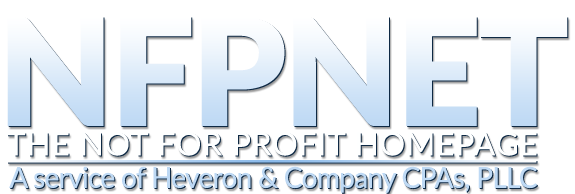Affordable Housing-Paying for Your Section 168(h) Election
When a nonprofit is involved in an affordable housing or similar project with a for profit investor, the nonprofit generally uses a taxable for profit subsidiary to hold the property. The benefit of this is that the property can be depreciated over 27 ½ years rather than 40 years, which means a better tax results for the investor, and translates to a higher price for the tax credits.
However, to get this treatment the taxable subsidiary must make an election under Internal Revenue Code section 168(h)(6)(F)(ii). The effect of this election is that
dividends or interest, paid from the taxable subsidiary to the nonprofit parent, are taxable as Unrelated Business Income.
This requirement only exists when not all tax attributes between the project and its owners (share of income and loss, distributions, equity) are the same. But, that usually is the case for these joint venture projects
Additionally, any gain from disposition of an interest in the taxable subsidiary is also taxable as Unrelated Business Income to the nonprofit.
Techniques for reducing tax on dividends, interest or dispositions include, first repaying all loans and developer fees to the nonprofit sponsor. Additionally, the entity holding the project (usually a limited partnership) can make payments directly to the nonprofit as reimbursement for expenses. However, the nonprofit needs to document that these expenses are costs the nonprofit has incurred in behalf of the project.
Examples of allowable costs include payroll and related taxes, and benefits, as well as indirect costs that are necessary for providing services to the project. Indirect costs typically include items such as occupancy, insurance, general accounting, and administration.
